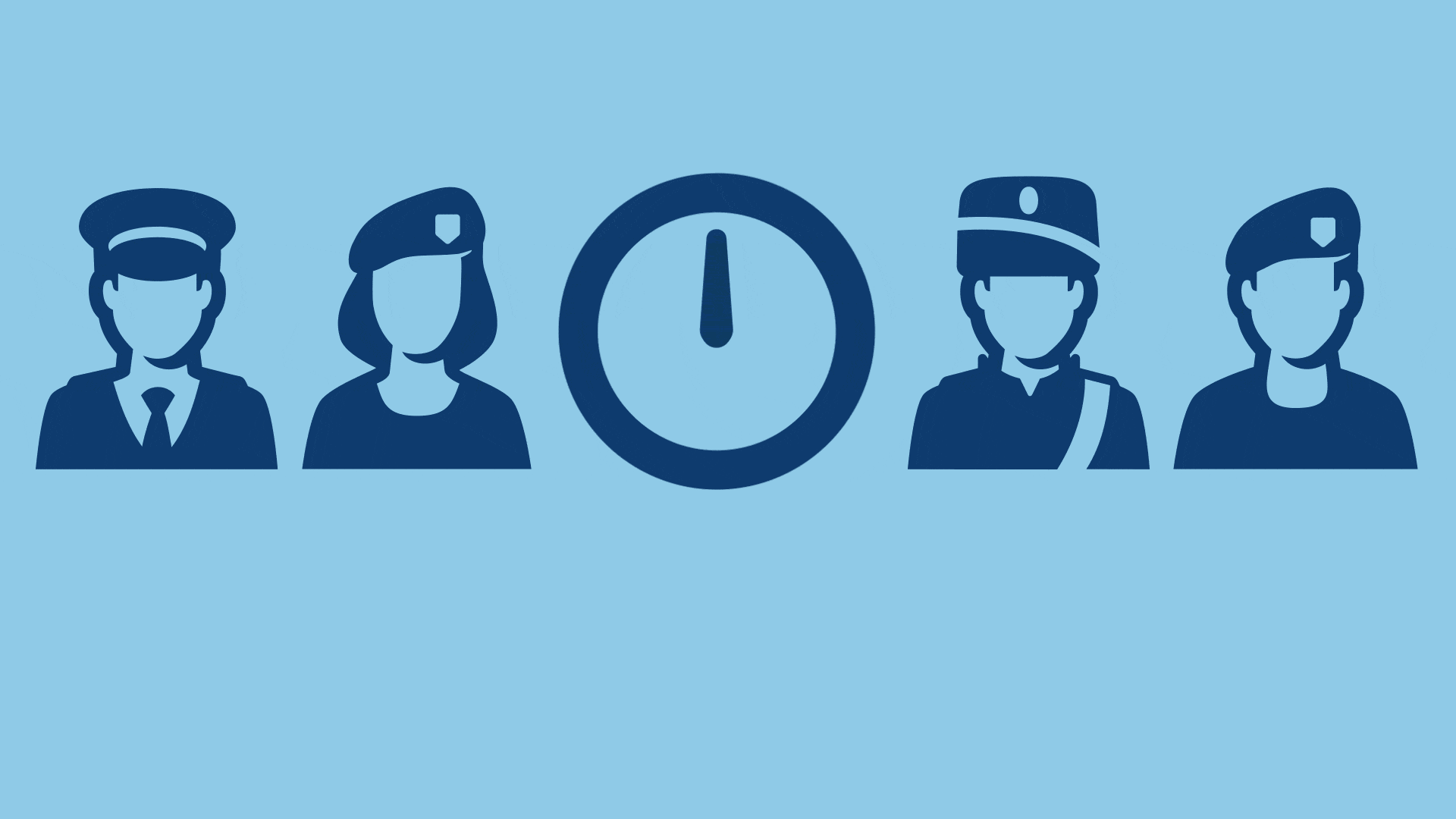|
TRAVEL DOCUMENTS:
For an up to three-month stay in Croatia, a valid passport is all you need if you come from Europe, most of the American countries, Japan… (Please check our list). Furthermore, there is a list of countries whose citizens can enter Croatia by presenting their identity cards.
|
LIST OF COUNTRIES WHOSE CITIZENS DO NOT NEED ENTRY VISAS FOR REPUBLIC OF CROATIA
|
· Andorra
· Argentina
· Austria
· Australia
· Belgium
· Bolivia
· Bosnia and Herzegovina
· Brazil
· Brunei
· Bulgaria
· Cyprus
· Czech Republic
· Chile
· Denmark
· Ecuador
· Estonia
· El Salvador
· Finland
· France
· Greece
· Guatemala
· Honduras
|
· Ireland
· Iceland
· Italy
· Israel
· Jamaica
· Japan
· Canada
· Republic of Korea
· Costa Rica
· Latvia
· Liechtenstein
· Lithuania
· Luxembourg
· Hungary
· Macedonia
· Malaysia
· Malta
· Mexico
· Monaco
· Nicaragua
· Netherlands
|
· Germany
· Norway
· New Zealand
· Panama
· Paraguay
· Poland
· Portugal
· Romania
· San Marino
· Singapore
· Slovakia
· Slovenia
· Spain
· Sweden
· Switzerland
· Turkey
· USA
· Uruguay
· Vatican
· Great Britain
· Venezuela
|
|
|
LIST OF COUNTRIES WHOSE CITIZENS CAN ENTER CROATIA BY PRESENTING THEIR IDENTITY CARDS
|
· Austria
· Belgium
· Denmark
· Finland
· France
· Greece
|
· Ireland
· Italy
· Luxembourg
· Hungary
· Netherlands
· Germany
|
· Portugal
· Slovenia
· Spain
· Sweden
· Great Britain
|
|
Visa issuing points:
Entry visas for Croatia are issued by the embassies and consulates of the Republic of Croatia. Only in exceptional cases can visas be obtained at the Croatia's international border crossings.
Children must be registered in the passport of one of their parents or have their own passport. The loss of the passport or any other identification document must be immediately reported to the nearest police office. They will issue an official notification of the loss in order to enable you to obtain a new travel document.
To enter and drive in Croatia, you will require a green insurance card and valid national or international driving permit.
CUSTOMS DUTY:
Customs regulations of the Republic of Croatia are in accordance with EU standards. Foreign currency can freely be moved in and out of the country, while the maximum amount for the Croatian currency is 2000 Kuna. Valuable professional and technical equipment must be registered with customs at the border.
TAX RETURN FOR FOREIGN CITIZENS :
Tourists who purchase goods for over 500 kn may claim a tax return when leaving the country with verified "Tax Cheque" receipts through the Croatian Customs Service. A tax refund can be obtained within one year. The equivalent of VAT - PDV - is 22% in Croatia. Information: Croatian Customs Service (Phone: 01/6102 333).
SHOPPING :
Traditional handicrafts that cover a range of items like embroidery (table clothes, clothes and other), lace, silver filigran jewellery or jewellery made of corals and sea shelves, woodcarvings and ceramics make good souvenirs.
If you go shopping for clothes or shoes, the prices in our shops will not be a pleasant surprise. Therefore, if you're not particularly attached to designer's clothes, take a look in small boutiques and on the market. Prices are much lower and the choice gets to be quite good during the high season.
Regulations: 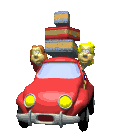
Accidents must be reported to the police (Policija) immediately. Police emergency number is 92
Croatian automobile club HAK (Hrvatski Autoklub) works together with other international automobile clubs.
HAK, Draškovićeva 25, 10000 Zagreb, tel: 01 4554 433, fax. 01 448 630.
Road service of the HAK is available round the clock by dialling 987.
Rent-a-car: The driver must be 23 years old and licensed. Most international rental agencies have offices in Croatia's larger towns.
Traffic drives on the right. Speed limits are 130kph (81mph) on motorways, 100kph (62mph) on dual carriageways, 50kph (31mph) in built-up areas and 80kph (50mph) outside built-up areas. The amount of the fine depends on the extent of the infraction committed.
Blood/alcohol limit: 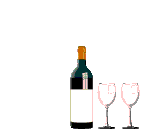
Blood/alcohol limit is 0.0 ppm.
Pets: 
Pets are not subject to compulsory quarantine, but they must be properly vaccinated (against rabies) and have confirmation on that. 5 Euro a day.
ELECTRICITY: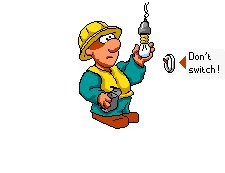
220 volts, 50Hz
Plugs have two round pins or three round pins for appliances that need to be earthed. If you need adapters or transformers (for USA equipment check things like notebooks or electric razors if they have a switch), inquire in bigger shops with electric supplies or in supermarkets.
TIME ZONE:
GMT + 1 (GMT + 2 from last Saturday in March to Saturday before last Sunday in October).
HOLIDAYS :
- January 1st - New Year's Day
- January 6th - Epiphany
- Easter Monday
- May 1st - May Day
- Corpus Christi - movable observance
- June 22nd - Day of the Anti-Fascist Struggle
- June 25th - Statehood Day
- August 5th - Homeland Gratitude Day
- August 15th - Assumption
- October 8th - Independence Day
- November 1st - All Saints' Day
- December 25-26 - Christmas Holidays
TELEPHONE, MOBILE PHONE AND FAX
Telephone network is administered by the Croatian Telecommunication Company (Hrvatske Telekomunikacije). There are telephone booths everywhere; telephone sets operate by means of magnetic cards bought in the post office or a kiosk. All post offices have fax service.
Calling from Croatia, international access code is 00, after which you dial the country code.
Calling Croatia from abroad you should dial your exit code (00 or other) followed by Croatia country code: 385.
MOBILE TELEPHONY
There are two GSM operators in Croatia: VIPNET (091) and CRONET (098). Both operators offer prepaid service packages and have signed roaming agreements with many foreign GSM operators.
TRAVELING BY CAR: 
Coming from central Europe, you can reach some of the coast destinations faster by car than by train. During the summer months traffic at the borders is a bit heavier, and that can cause some delay. The main routes into Slovenia and Croatia are via the Tauern Highway (Autobahn) A 10. Austria's Autobahn is not free of charge anymore. You can pick up the Pickerl (officially Autobahn vignette) at the Austrian border or at gas stations or automobile club offices in all countries bordering on Austria. A seven day pass costs ATS 70 (US$ 6.50). To enter and drive in Croatia, you will require a green insurance card and valid national or international driving permit.
Fuel: Petrol stations in big towns and cities as well as on important roads are open non-stop, otherwise the working hours are from 6:00 a.m. to 8:00 p.m. Lead-free petrol is available on all petrol stations and it is called bezolovni (green label). In July and August news and traffic information are broadcast in English and German regularly on main Croatian broadcast stations. A toll is payable on motorways.
TRAVELING BY PLANE: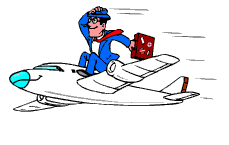
From almost all international airports you have scheduled flights to the capital Zagreb, where you can transfer to inland flights. Croatia Airlines and several international airliners (Lufthansa, Swissair, British Airways, and Air France) fly to Zagreb daily. During the peak season, the number of flights is increased and a number of charter flights are offered to the most important tourist destinations of the country directly: Pula, Rijeka, Split, Brač and Dubrovnik.
Croatia Airlines has scheduled international flights for: Amsterdam, Berlin, Bruxelles, Düsseldorf, Frankfurt, London, Madrid, Milan, Moscow, Munich, Paris, Prague, Tel Aviv, Rome, Sarajevo, Skopje, Vienna, Zurich and Manchester (during the tourist season)
Other airline companies that have scheduled flights for Croatia:
Aeroflot, Air Bosna, Alitalia, Australian Airlines, Air France, Avioimpex, British Airways, Crossair, ČSA, Lufthansa, LOT, Malev, Turkish airlines.
TRAVELING BY TRAIN : 
There is a railway network connecting all major Croatian cities except Dubrovnik. There are direct lines to Slovenia, Hungary, Italy, Austria, Switzerland, Slovakia, France, Germany, Bosnia-Herzegovina and Yugoslavia. There are indirect lines to almost all other European countries.
Timings from, for example, Munich to Rijeka, are about 9 hours and to Pula 13 hours. Count on about 5 hours for trains from Vienna.
The types of train services that operate in Croatia are the following: Euro City (EC), Intercity (IC), express (Ex), fast (B), local and accelerated trains.
WORKING HOURS:
In general, working hours for all shops and other services are Monday-Friday from 8 a.m. till 7 or 8 p.m., Saturday 8 a.m. till 1-2 p.m. During summer season opening hours of shops and boutiques vary from ones like private shops that mostly stay open till 9 p.m. or longer and full day on Saturday, and the others that work in two shifts, closing from noon till 4 p.m. Sundays and public holidays are the usual closing days.
TIPPING:
A tip is not included in the price of meals or drinks. If the tip is earned it should be about 10 % of the bill. Taxi drivers do not expect a tip, but it will be appreciated.
BANKS:
Banking hours: 8 a.m. till 7 p.m. Monday to Friday, 8 a.m. till noon on Saturdays. All banks are closed on Sunday and public holidays. Cash machines, though seldom found outside the major towns and resorts, are operative 24 hours a day.
EXCHANGE OFFICES:
Currencies can be exchanged in banks, exchange offices (Mjenjačnica), hotels and most travel agencies. Exchange rates are published in the daily press and by banks that display them in visible places.
CREDIT CARDS AND OTHER MEANS OF PAYMENT:
Standard credit cards like Eurocard/Mastercard, Diners, American Express and Visa are widely accepted in Croatia. All shops, restaurants, agencies, hotels and other services usually have logo stickers on the door or other visible place for you to be sure which credit cards they accept. You can take cash advance on Eurocard/Mastercard and Diners in most post offices. Banks and moneychangers as well as some hotels accept travellers' checks. Usually a 2 % commission is charged for cashing a traveller's check.
HEALTH CARE:
Foreign tourists do not pay for emergency health services if Croatia and the tourist's country of origin have a health care agreement. If not, the tourist must pay for health care costs immediately. Hospitals and clinics are located in all major centres, while doctor's offices and pharmacies can be found in smaller tourist destinations.
HEALTH PRECAUTIONS:
In spite of generally good health care system, it is best to take a few sensible precautions during your holiday. The most important is to avoid overexposure to the sun, wear hat and quality sunglasses, and use a high-factor suntan lotion, especially during the hottest part of the day (11 a.m. till 3 p.m.). Drink plenty of water to avoid exhaustion and dehydration. Tab water in Croatia is generally safe to drink, but if you feel uncomfortable, bottled spring water is for sale throughout the country. Swimming after a full meal is not recommended for at least two hours. Wild beaches are usually not cleaned from sea urchins that like Croatia's clean waters. If you notice their presence, the best solution is to wear plastic or other adequate shoes to enter and get out of the water safely.
TRAVELLING WITH CHILDREN: 
Croatia offers you a great pleasure when travelling with children. Private accommodation is the most flexible solution. You can probably make arrangements with your hosts that will suit your family habits. Using the kitchen is also an advantage. Kids will love the freedom they can have on plenty of beaches you can take them to, just outside the town or village. Ask your hosts to give you instructions on best location. All resorts have organized some fun for children on the beach, where you can let them lose the energy with minimum supervision. For the beach, you may want to consider some plastic shoes for water for small children. Soft wind will cast the heat and trick one often to forget sun-protection. From 11 a.m. till 3 p.m. it's best to keep children out of the sun or well protected. For nights it's best to have a mosquito repellent ready if you notice their presence. In old towns and tourist resorts you will find nice pedestrian areas to walk and enjoy with your family. If you have a small baby, you will find it more practical to have some accessory that will help you carry your baby, because some parts of particularly interesting old town centres on the coast have stone floors and struggling with a chair will ruin all the fun.
|
Diplomatic Missions
|
|
Embassy of United Kingdom of Great Britain and Nothern Ireland:
|
|
I. Lučića 4 - 10000 Zagreb
|
|
Tel: 00385 01 6009 100
|
|
Fax: 00385 01 6009 111
|
|
Croatian National Tourist Office:
|
|
London W6 9ER,2 Lanchesters,162-164 Fulham Place Road , United Kingdom
|
|
Tel: 0044 208 563 79 79
|
|
Fax: 0044 208 563 26 16
|
|
email : This email address is being protected from spambots. You need JavaScript enabled to view it.
|
|
Croatian National Tourist Office:
|
|
New York 10118,350 Fifth Avenue Suite 4003 USA
|
|
Tel: 001 212 279 8672
|
|
Fax: 001 212 279 8683
|
|
email : This email address is being protected from spambots. You need JavaScript enabled to view it.
|
|
County Tourist Office:
|
|
Donja Ulica 2 - 51280 Rab
|
|
Tel: 00385 51 724 064
|
|
Fax: 00385 51 725 057
|
|






